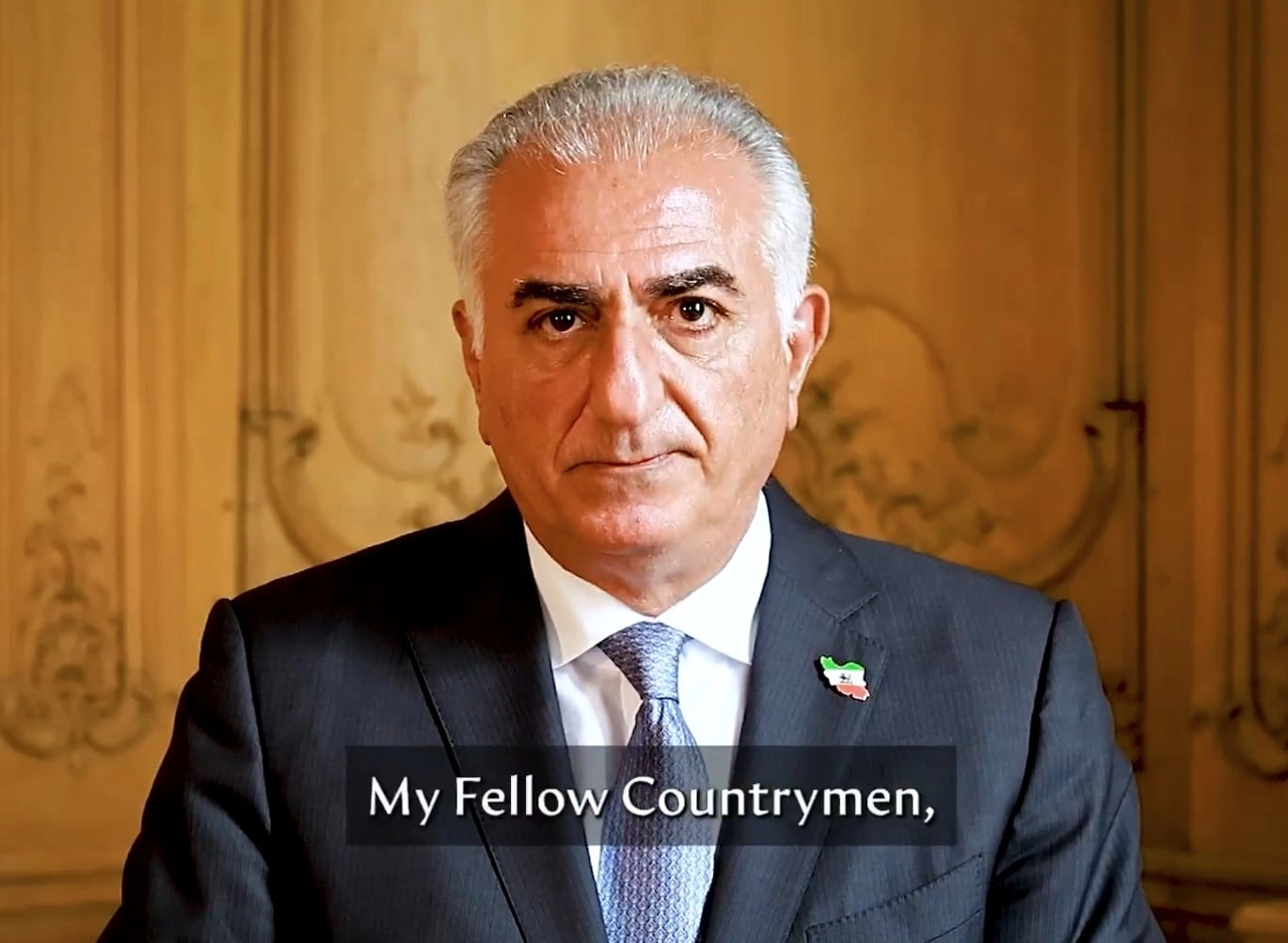Tulsi Gabbard, the former U.S. Representative from Hawaii, has recently come under fire as her Intelligence Task Force faces allegations of conducting a “witch hunt.” The task force, which was established to address pressing national security concerns and enhance the nation’s intelligence capabilities, has been criticized for its approach and methods. Critics argue that the task force has deviated from its intended purpose, instead targeting individuals and groups based on their political affiliations or beliefs. This has raised concerns about the potential abuse of power and the erosion of civil liberties, particularly in an era where partisan politics are increasingly influencing government actions.
The accusations stem from a series of controversial investigations that have reportedly focused on political opponents and dissenting voices within the intelligence community itself. Many believe that Gabbard’s task force is not merely fulfilling its mandate but is instead engaging in a politically motivated campaign to discredit those who challenge the establishment narrative. This has led to heightened tensions not only within the intelligence community but also among the public, who are increasingly wary of governmental overreach and the politicization of national security measures. The implications of such practices could be far-reaching, affecting not just the individuals targeted but also the integrity of democratic institutions.
Gabbard’s defenders argue that the task force is necessary to combat real threats to national security, including foreign interference and misinformation campaigns. They contend that the accusations of a “witch hunt” are politically charged attempts to undermine legitimate efforts to safeguard the nation. However, the backlash has prompted a broader discussion about the balance between national security and civil liberties. As public scrutiny intensifies, many are calling for greater transparency and accountability in the operations of intelligence agencies, emphasizing the need to ensure that such entities remain nonpartisan and focused solely on protecting the interests of the nation.
The controversy surrounding Gabbard’s Intelligence Task Force highlights the complex interplay between intelligence operations and political dynamics in the United States. As the nation grapples with various challenges, from cybersecurity threats to domestic extremism, the question of how to effectively and ethically conduct intelligence work has become more pressing than ever. The outcome of this situation may not only affect Gabbard’s political future but also set important precedents regarding the role of intelligence in a democratic society. As debates continue, it remains crucial for lawmakers and the public alike to engage in discussions about the safeguarding of both national security and foundational democratic principles.




